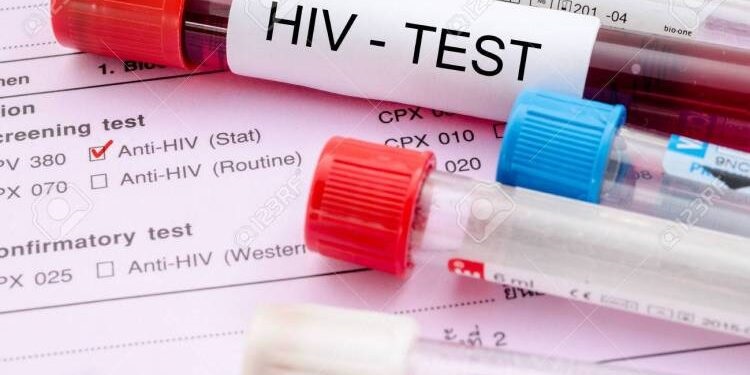By John Moses
The recent approval of Yeztugo, a long-acting injectable for HIV prevention, has been hailed as a major breakthrough in the fight against HIV. However, global health leaders are raising alarm over its steep cost, warning that millions of vulnerable people could be left behind.
The medication, officially known as Lenacapavir, was recently approved by the United States Food and Drug Administration (FDA) as a twice-yearly injection for pre-exposure prophylaxis (PrEP). In clinical trials concluded in 2024, the treatment, developed by pharmaceutical giant Gilead Sciences, demonstrated remarkable efficacy in preventing new HIV infections.
Marketed as Yeztugo, the injection is seen as a significant advancement over current PrEP options, including daily pills like Truvada and Descovy, and GSK’s Apretude, which requires bimonthly dosing.
“This truly bends the arc of the epidemic,” said Gilead CEO Daniel O’Day, referring to the global implications of the innovation.
But the company’s announcement of a U.S. list price of $28,218 per patient annually has drawn widespread criticism from public health officials and HIV advocates. A new study published in The Lancet HIV suggests the drug could be produced for as little as $25 to $46 per year, should generic production scale up.
UNAIDS Executive Director Winnie Byanyima welcomed the FDA’s approval but decried the pricing strategy. “It is incomprehensible how Gilead can justify such a price. This drug could transform prevention efforts, but only if it’s accessible to all who need it,” she said.
In Nigeria, virologist Professor Oyewale Tomori described the development as a wake-up call for Africa. “We cannot continue relying on foreign pharmaceutical giants. Until we invest in local research and manufacturing, access gaps will persist,” he warned.
Meanwhile, Jeremiah Johnson of PrEP4All called for bold measures to close the affordability divide. “We have the science, now we must deliver it to the people who need it most,” he said.
Gilead has pledged to offer copay support for insured patients and free access for eligible uninsured individuals in the U.S. The company also announced licensing agreements with six generic manufacturers to supply lower-cost versions to 120 low- and middle-income countries.
Additionally, the firm committed to donating doses for up to two million people at no profit until generics become available.
Despite these assurances, advocates remain concerned that Yeztugo could repeat the cycle of exclusion that has historically characterised the global response to HIV.























